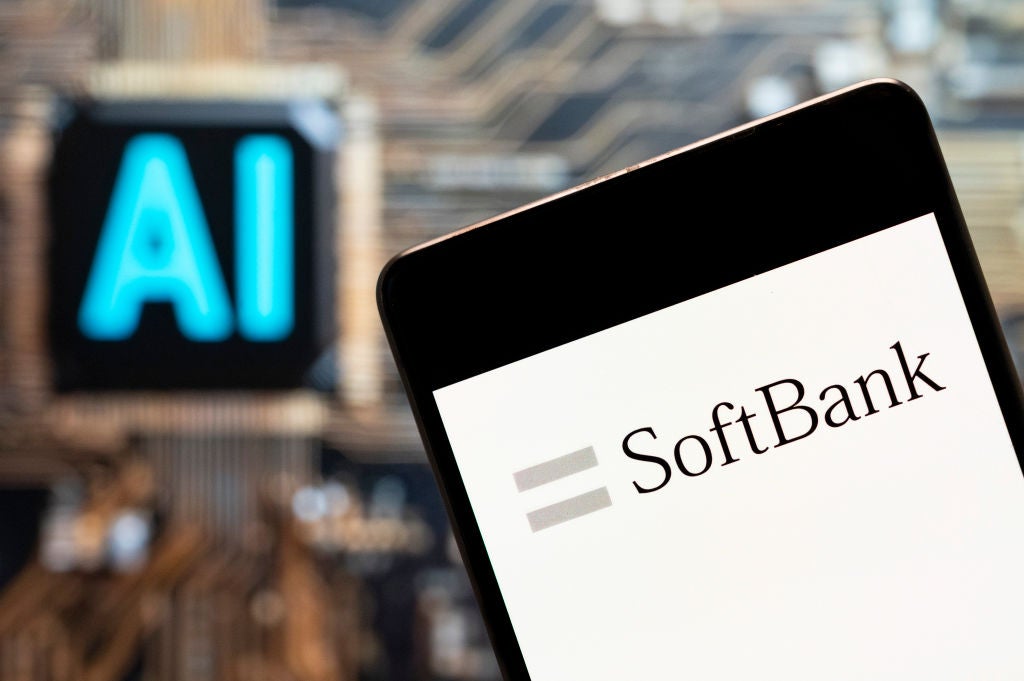Google and the National Basketball League (NBA) recently launched the ‘Pixel Arena,’ a virtual space with immersive experiences, tied to the 2022 NBA playoffs. Available in the NBA mobile app for all fans, this is the first immersive experience Google and the NBA have created.
Virtual immersive sports arenas are gaining traction. In February 2022, Manchester City Football Club announced plans to build a virtual stadium in the metaverse. Google and the NBA have not mentioned the metaverse, but the companies are utilizing currently available AR and VR technologies to bring fans virtually closer to the action.
The metaverse is still years away, but virtual immersive fan experiences, made in partnership with tech companies, will become increasingly popular in the short term among sports teams and federations.
Virtual space: How the NBA Pixel Arena brings fans at home closer to the action
The Pixel Arena is a virtual space in the NBA mobile app with immersive experiences based on real-time information and statistics from basketball games. Fans can create customized avatars wearing their chosen team kit, recap key shots from games in a virtual space, and answer trivia questions during halftime. The in-app virtual arena brings fans closer to the action, with Daryl Butler, vice president of US Devices and Services Marketing at Google saying, “the experience brings a whole new meaning to courtside.”
Fan experiences in mobile devices offer the most lucrative and accessible opportunities for AR and VR integration. AR and VR graphics create a more engaging and insightful analysis of events and integrating AR into personal devices is a novel marketing introduction, increasing fan engagement. And it is a growing market; GlobalData forecasts that the AR market will be worth $152 billion in 2030, up from $7 billion in 2020.
Sports clubs and federations must partner with Big Tech
The sports sponsorship landscape is changing, and technology companies are at the forefront of this change. In 2021, telecoms operators accounted for $420.6 million in sports sponsorships deals, and IT services companies spent $205.9 million. Partnership or sponsorship deals with Big Tech companies can improve infrastructure, connectivity, and technological capabilities for product development.
How well do you really know your competitors?
Access the most comprehensive Company Profiles on the market, powered by GlobalData. Save hours of research. Gain competitive edge.

Thank you!
Your download email will arrive shortly
Not ready to buy yet? Download a free sample
We are confident about the unique quality of our Company Profiles. However, we want you to make the most beneficial decision for your business, so we offer a free sample that you can download by submitting the below form
By GlobalDataThere have been numerous examples of Big Tech partnerships and sponsorship deals with sports teams and federations. For example, Google is a sponsor of the NBA playoffs and Google Pixel is the official fan phone of the NBA. Verizon is the official 5G sponsor of the National Hockey League (NHL) and is trailing its 5G network for in-stadium AR experiences on mobile. Similarly, TikTok has partnered with sports federations (such as the Confederation of African Football and Rugby Six Nations) and has created AR social media filters for fan engagement. Large-scale technological partnerships and sponsorships advance the technological capabilities of sports teams and federations.
Sports arenas in the metaverse are still years away
In February 2022, Manchester City Football Club announced plans to build a digital recreation of the Etihad Stadium in the metaverse. MCFC partnered with Sony subsidiary Hawk-Eye Innovations to create a proof of concept for the stadium. The aim is to broaden accessibility, allowing fans from across the globe to visit the stadium virtually.
However, no one knows what the metaverse will look like yet. The metaverse is attracting significant media attention, including predictions that it will form the next incarnation of the internet, but it may not be realized in its true form for several years. MCFC’s virtual stadium is an investment for the future, whereas the NBA’s Pixel Arena offers fans the ‘courtside’ experience now, using readily available AR and VR technology. Virtual stadiums and arenas offer fans immersive and engaging experiences, and investment will become increasingly popular while the metaverse is still in the development stages.





